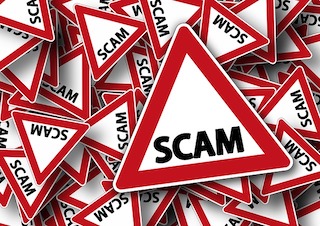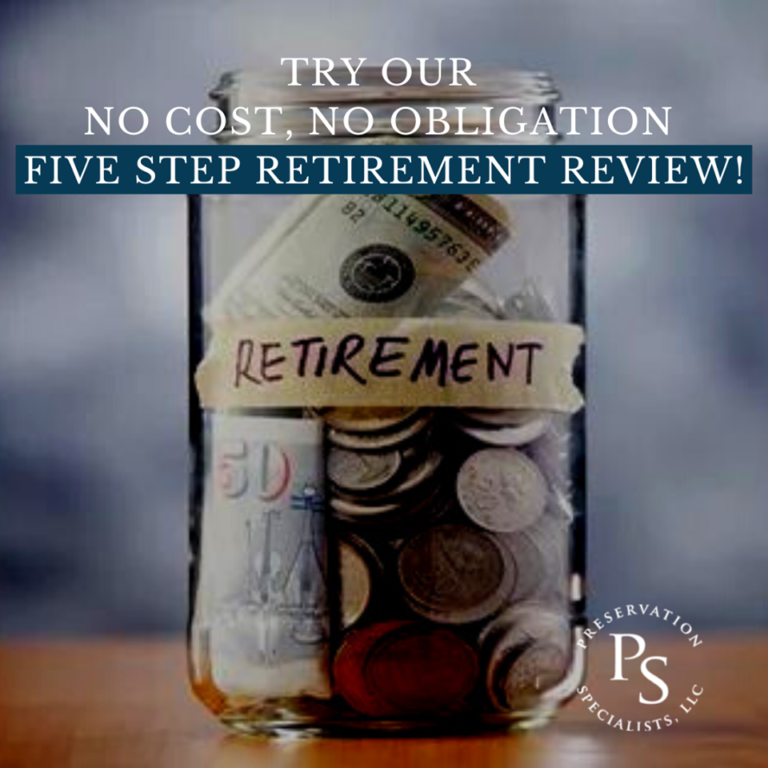Beware of Coronavirus Scams

Beware of Coronavirus Scams | After a press conference in which President Trump mentioned scientists were testing the potential of using disinfectants as a coronavirus cure, poison control centers across the country reported a spike in calls. In Maryland alone, the Emergency Management Agency fielded more than 100 calls asking about the president’s suggestion. In less than 24 hours of the briefing, the poison control center in New York City responded to more than 30 cases in which people were exposed to disinfectant as a possible treatment.
The most important thing to remember in a crisis situation is to seek out credible, vetted information. It is unfortunate that the president’s mere observation of an untested theory was misinterpreted by so many people living in fear of having COVID-19. And yet, the need to verify information and advice goes for any crisis, and even when the crisis is over. Please remember that we are here for you to provide guidance and the most up-to-date information for your insurance needs.
Be aware that the disinfectant snafu isn’t the only type of misinformation out there. Ever since the start of the pandemic, the World Health Organization (WHO) reports there has been a dramatic increase in cyberattacks and email scams targeting the public at large. In fact, there are even fraudsters impersonating the WHO itself, sending emails requesting donations to a fictitious fund that’s supposed to help respond to the virus.
The most prominent coronavirus-themed campaign has been aimed at people in Japan. Emails appearing to be from a Japanese disability welfare provider contain a leading malware called Emotet. Recipients are encouraged to open an attached document to learn in what areas the infection is spreading the fastest. Once opened, Emotet can automatically download onto their computers.
Other scams include fraudulent websites that claim to help you work from home, emails selling products that claim to prevent the disease, fake test kits for sale and even scammers taking advantage of the market decline, promising “safe” investments to “get rich quick.”4 There is even a COVID-19 blackmail scheme in which scammers threaten to infect victims with the coronavirus if they don’t pay a ransom upfront.
Another recent fraud has successfully scammed people out of money after they called a phone number they thought was the IRS to check on when they’d receive their Economic Impact Payment. The IRS has issued a warning about these scams, cautioning people not to give out any personal or banking information or sign over their Economic Impact Payment check to someone else.
Because these scam artists move quickly and focus on the biggest fears of the day, the government and other regulatory agencies have not had enough time to track them down or prevent them from preying on consumers. It is very important, especially during this stressful time, that everyone be hyper-vigilant about opening suspect emails or clicking on links making an offer that sounds too be good to be true. Remember, if there is a cure or effective treatment or even a vaccine, you will hear about it from your local television news station and read about it in your local newspaper.
Be sure to follow advice and information from only reliable sources about COVID-19 and other health issues.
Learn more about your current financial status and how you can achieve your retirement goals with our ‘No Obligation, No Cost’ Five Step Retirement Review.
Our financial planners have wide knowledge in South Carolina Retirement System as well as experience in retirement planning, sc tax rebate, etc. Contact us today!
Ready to Take The Next Step?
For more information about any of the products and services listed here, schedule a meeting today or register to attend a seminar.
